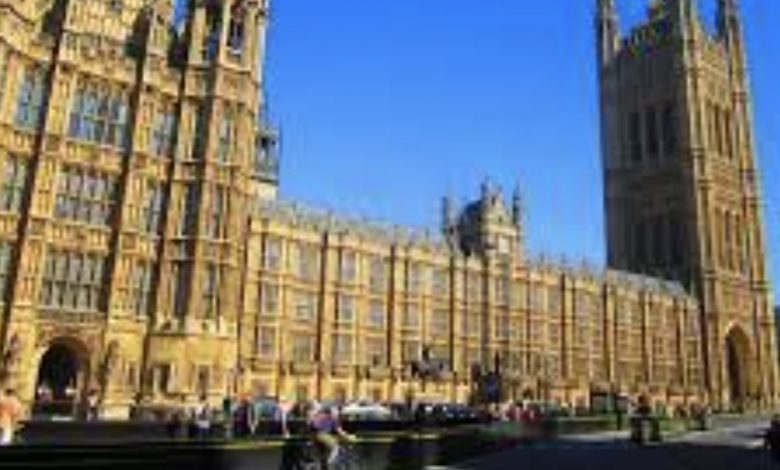United Kingdom serves

Scots law is a hybrid system based on both common-law and civil-law principles. The chief courts are the Court of Session, for civil cases,[232] and the High Court of Justiciary, for criminal cases.[233] The Supreme Court of the United Kingdom serves as
the highest court of appeal for civil cases under Scots law.[234] Sheriff courts deal with most civil and criminal cases including conducting criminal trials with a jury, known as sheriff solemn court, or with a sheriff and no jury, known as sheriff summary Court.[235] The Scots legal system is unique in having three possible verdicts for a criminal trial: “guilty”, “not guilty” and “not proven”. Both “not guilty” and “not proven” result in an acquittal.[236]
Crime in England and Wales increased in the period between 1981 and 1995, though since that peak there has been an overall fall of 66 per cent in recorded crime from 1995 to 2015,[237] according to crime statistics. The prison population of England and Wales has increased to 86,000, giving England and Wales the highest rate of incarceration in Western Europe at 148 per
100,000.[238][239] Her Majesty’s Prison Service, which reports to the Ministry of Justice, manages most of the prisons within England and Wales. The murder rate in England and Wales has stabilised in the first half of the 2010s with a murder rate around 1 per 100,000 which is half the peak in 2002 and similar to the rate in the 1980s[240] Crime in Scotland fell slightly in 2014/2015 to its lowest level in 39 years in with 59 killings for a murder rate of 1.1 per 100,000. Scotland’s prisons are overcrowded but the prison population is shrinking.[241
